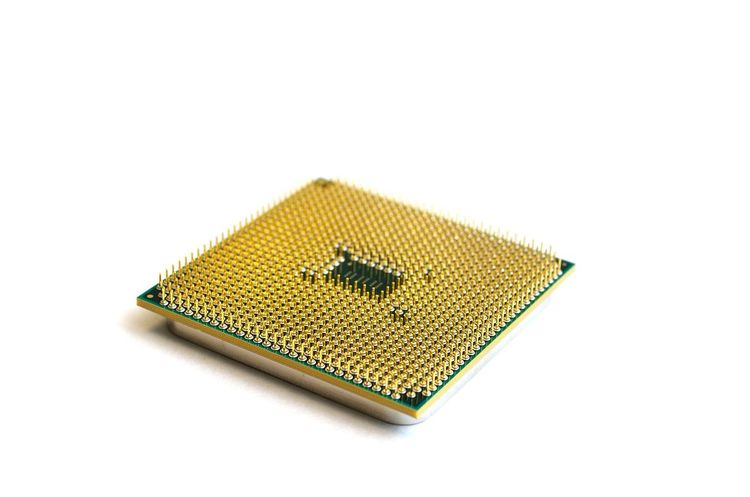Anthropic Unveils Claude 3.5 Sonnet and Haiku: Enhanced AI Models for Creative Innovation
Most people like

Introducing our advanced AI platform designed specifically for the seamless sourcing, vetting, and payment of employees. Elevate your hiring process with cutting-edge technology that streamlines recruitment, ensuring you find the right talent efficiently and effortlessly. With our innovative solutions, managing employee payments has never been easier, allowing your business to thrive in a competitive landscape.

Unlock the power of custom t-shirt printing with TeeAI's cutting-edge AI technology. Design unique t-shirts effortlessly and bring your creative ideas to life!

Unlock the potential of AI-driven face swap tools for enhancing your photos and videos. These innovative technologies allow you to effortlessly exchange faces in your media, creating captivating and personalized content. Discover how these advanced tools can transform your digital experiences!

Introducing an AI-Powered Essay Writing Tool Designed Specifically for Students
In today's fast-paced academic environment, students often face the daunting challenge of crafting well-structured essays while juggling multiple responsibilities. Our innovative AI-powered essay writing tool simplifies this process, offering personalized assistance that enhances writing quality and boosts productivity. Whether you need help brainstorming ideas, structuring content, or refining your final draft, this tool is your ultimate writing companion, empowering you to succeed in your studies. Unlock your full potential with AI-driven support tailored for students!
Find AI tools in YBX



